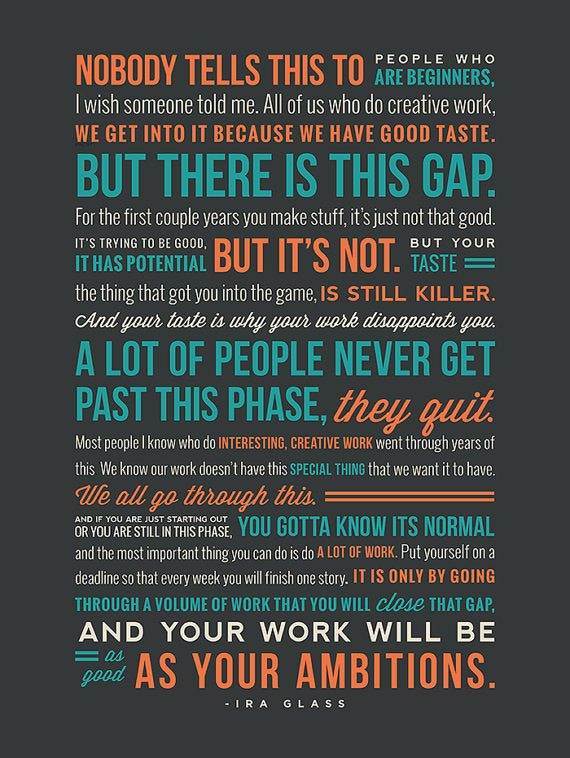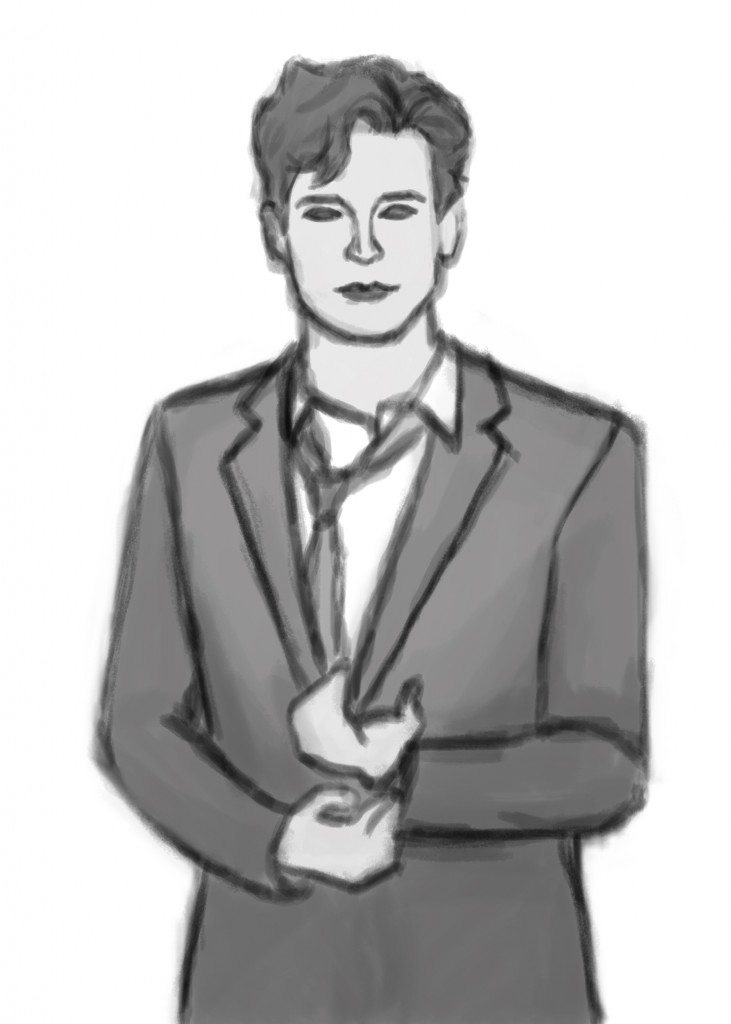Holding onto Hope While Drafting
There’s something both thrilling and terrifying about starting a new book, especially when you haven’t done so in a while. Maybe you’ve just taken some time off. Or maybe you’ve spent a long time editing/polishing another manuscript. Either way, that blank page is daunting.
What can be even more daunting than a blank page, however, is scribbling your way through fifty pages, or a hundred pages, or an entire first draft, and thinking, “Wow, this is not the marvelous story I had in mind before I started writing.” Your complex, vivacious heroine is bland, and her jokes aren’t funny. Your secondary characters seemed wonderfully larger-than-life in concept, but are like cardboard cutouts in execution. Your plot meanders where it ought to race, and suffocates where it ought to breathe.
You despair of ever getting your manuscript from this mess to the gem of a book you dreamed about. You think about cutting your losses now and just starting over with another idea. Or maybe you get even more depressed and consider giving up this whole writing thing altogether.
In moments like that, this Ira Glass quote can be really helpful.

It’s one of my favorite writing quotes, and it reminds me that the very fact that I can realize where the problems are in my manuscript is a good sign! The fact that I’m raging about not being able to be as good as I want to be is a good sign. Because it means that you’re good enough to tell where your faults are.
I love many different kinds of art, and many of my friends are visual artists, or musicians, or dancers, or photographers. None of them ever seem completely satisfied with their own work. My friend plays me a gorgeous piece on the piano, and I tell her I can find no faults, but she can’t focus on anything but the places where she rushed ever-so-slightly. I watch my other friend practice ballet and am totally amazed by everything she does, but she tell me that her lines aren’t nearly clean enough.
They see faults I can’t because they’re so much better in their crafts than I am. And even if they’re still making mistakes, they at least know about it!
Keeping Glass’s quote in mind helps me through general “I’m not good enough! I’ll never be good enough!” woes, but there’s still the manner of staring down that unsatisfactory manuscript and trying to push past the fear that it’ll never get any better.
That’s when I start reminding myself that the first draft (or two!) of a book is like this:

While an almost-finished draft is like this (please ignore the utter wonkiness of his tie, and the fact that I'm too lazy to finish his sleeves :P Also, yes, it's Neal Caffrey. I'm on a "White Collar" kick!):

Every time I start a new drawing, I stare at that messy outline and think it’s never going to get to the point where it looks presentable. Most of the time, I push through while still believing that everything is utter crap...right up until the moment when things finally start to fall together.
Drawing a picture takes a whole lot less time for me than writing a book, so the middling “holding onto hope and plunging forward” period lasts a lot longer, but it’s a similar process. Sometimes, you just have to believe.
How do you get yourself through the tough middling parts of a book?
